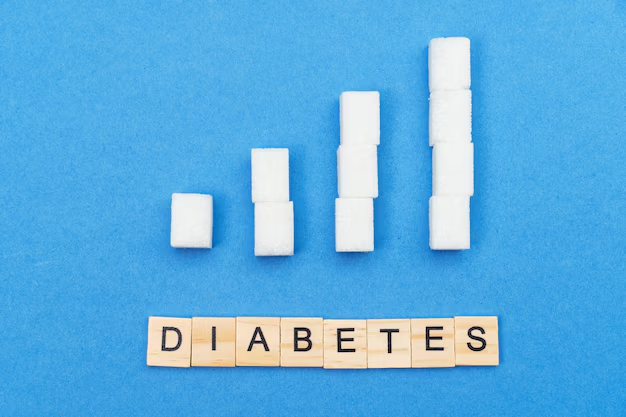Your Guide to Can Type 2 Diabetes Become Type 1
What You Get:
Free Guide
Free, helpful information about Diabetes FAQ and related Can Type 2 Diabetes Become Type 1 topics.
Helpful Information
Get clear and easy-to-understand details about Can Type 2 Diabetes Become Type 1 topics and resources.
Personalized Offers
Answer a few optional questions to receive offers or information related to Diabetes FAQ. The survey is optional and not required to access your free guide.
Can Type 2 Diabetes Change Into Type 1? Here's What You Need to Know
Type 2 diabetes and Type 1 diabetes are distinct medical conditions with different causes and treatments. Type 2 diabetes typically develops in adults and is characterized by insulin resistance, where the body's cells don't use insulin properly. Type 1 diabetes, on the other hand, is an autoimmune condition often diagnosed in children and young adults, which occurs when the body's immune system attacks insulin-producing cells in the pancreas.
Can Type 2 evolve into Type 1? The short answer is no. While both conditions involve issues with insulin regulation, they are fundamentally different in their origins and progression. Type 2 diabetes does not transform into Type 1 diabetes, nor vice versa. The confusion often arises because some individuals with Type 2 diabetes may eventually require insulin if their pancreas reduces insulin production significantly - but this situation is not the same as developing Type 1 diabetes.
Understanding the complexities of these conditions is vital for managing them effectively. For those grappling with diabetes, financial constraints can make access to necessary medical resources challenging. Fortunately, there are numerous government and private programs designed to offer financial assistance and educational support.
Navigating the Financial Side of Diabetes Management
Managing diabetes involves ongoing costs for medication, supplies, and medical visits, which can be daunting. Here are some resources and strategies that might lighten the financial load:
- Medicare and Medicaid offer benefits that cover diabetes care for eligible individuals.
- State-based programs often provide additional coverage or aid for those with specific financial needs.
- Non-profit organizations such as the American Diabetes Association may offer financial assistance or guidance on how to obtain it.
- Prescription discount programs can reduce the cost of medications significantly.
- Manufacturer drug assistance programs; many pharmaceutical companies offer assistance to those who can't afford their medications.
Educational Resources: Understanding and Managing Diabetes
Education is a crucial component of effective diabetes management. Various programs aid in spreading awareness and providing education, including:
- Diabetes self-management education (DSME) programs offer guidance on how to manage daily life with diabetes effectively.
- Online courses and webinars provide flexible learning options, available through healthcare providers or diabetes-focused organizations.
- Local support groups, either in person or online, can facilitate knowledge sharing and emotional support.
Financial Relief and Growth Opportunities
For those impacted by diabetes, it's also essential to explore financial assistance and educational growth opportunities, expanding beyond immediate medical needs:
- Government aid programs: Food assistance, housing vouchers, and energy subsidies may be available to those experiencing financial hardships due to medical expenses.
- Educational grants and scholarships: Many institutions offer financial support to people living with chronic conditions, enabling further education and personal development.
- Credit counseling: Sound financial advice and strategies can help manage debt incurred from medical bills or other expenses.
🔍 Financial Assistance Opportunities:
- 💊 Prescription Assistance Programs: Reduce the cost of diabetes medications.
- 🏠 Housing Assistance: Includes vouchers and subsidies for eligible individuals.
- 📚 Educational Grants: Help fund further education and self-improvement.
- 💳 Credit Solutions: Credit counseling and debt management resources.
By tapping into these resources, individuals living with diabetes can navigate their condition while managing financial constraints effectively. Knowledge and proactive planning are empowering tools — using them can foster both health and financial wellness.
What You Get:
Free Diabetes FAQ Guide
Free, helpful information about Can Type 2 Diabetes Become Type 1 and related resources.

Helpful Information
Get clear, easy-to-understand details about Can Type 2 Diabetes Become Type 1 topics.

Optional Personalized Offers
Answer a few optional questions to see offers or information related to Diabetes FAQ. Participation is not required to get your free guide.


